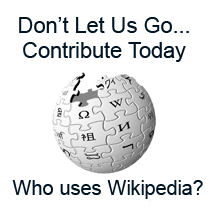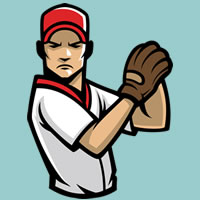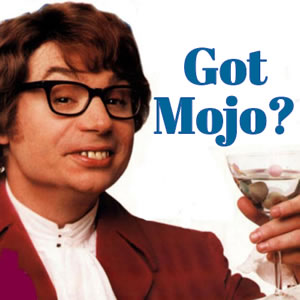Wikipedia is the most used resource on the internet.
In fact, it’s the largest and most interactive encyclopedia online, and consistently ranks in the Top 10 of ‘most visited websites’ – in some cases the Top 5 websites – on a number of lists that track and rank all internet traffic.
It’s estimated that more than 340 million people use the website every month.
That’s almost a third of the connected internet population!
Colleges and universities have loosened their grip on the ban of it as a reliable source of information. Many students use Wikipedia to find information to include as a reference for the many reports they write.
Many Travel writers use Wikipedia, especially when they’re looking for historical or geographic information about their destinations, or to fact-check a travel article before submitting it for publication.
Wikipedia founder Jimmy Wales says:
“It stopped being just a website a long time ago. For many of us, most of us, Wikipedia has become an indispensable part of our daily lives.”
Wales began Wikipedia in 2001. It has grown over the past eight years to include Wikitionary, Wikibooks, Wikiversity, Wikinews, Wikispecies, Wikiquote, Wikisource, and many other informative sites.
How does Wikipedia work?
You are responsible for the information on Wikipedia. Travel writers with experience in the destinations they visit most often (or better yet, where they live) can edit the information to ensure that it’s accurate and up-to-date. It’s a collaborative effort. Millions of people contribute information to different wikis. As long as you know how to edit a page, and have some basic understanding of encyclopedias, you are free to contribute to a post.
You don’t have to be a registered user of Wikipedia to edit information; however, editors with user names enjoy many benefits. You can gain a positive reputation by posting quality work on Wikipedia. This will appeal to travel writers because they’re usually an “expert or authority” in their field. Wikipedia is the same. Once you establish a history, you’ll have the respect of millions of readers from around the world. It’s best to generate a user name because you will not be able to create or rename pages without it; some pages are protected from unregistered users.
What can you find on Wikipedia
The question is “what can’t you find on Wikipedia?” If you’re a travel writer looking for information on London, England, you’ll find it. Planning a trip to Mongolia? You’ll be able to read about Mongolia’s history, government and politics, economy, culture, and it’s most famous citizen, Ghengis Khan. There are links within a wiki that will take you to other wikis. It’s a one-stop educational center!
As mentioned, Wikipedia includes other types of wikis. If you’re unsure of a word, use Wikitionary to look it up. You’ll receive an English language with the click of a button. Wikitionary doesn’t stop at English. You’ll find other languages such as French, Polish, and many others. This is a great way to improve your foreign language skills.
Many travel writers enjoy using quotes in their writing, especially when they’re trying to make a point. You’ll find a list of quotes from people, films, literary works, TV shows, themes, and miscellaneous categories. Let’s say you’re looking for a quote from Buddha (always a favorite). Click on Buddha and you’ll be taken to a wiki page that gives a brief history of Buddha along with his quotes. It’s that easy — no more searching through thousands of internet pages.
Travel writers, don’t be shy about correcting information you find on Wikipedia. Without your knowledge, future writers and travelers could read inaccurate information. You can make a difference in the travel and writing community by perusing Wikipedia and updating erroneous information.
Keep Wikipedia alive on the internet
Wondered where this was leading? Yep, Wikipedia relies on donations from individuals to continue to operate.
Ever noticed the ads on Wikipedia? No? That’s because there aren’t any. They don’t accept advertising dollars and don’t have corporate sponsors. And yet there are bills to pay for the many servers needed to keep Wikipedia right at our fingertips, available when we need it.
It would be a shame to lose Wikipedia because it’s become a valuable resource on the internet. Travel writers, you can ensure Wikipedia stays alive by donating today. The minimum ‘suggested’ donation is $35, but I’m sure they’d be grateful for whatever you can spare. CLICK HERE to make a donation today. Every little bit helps!
~Rebecca
How often do you visit Wikipedia? Share your opinions!






Wow, I didn’t know that you could do so much with Wikipedia. I love that you can find quotes there. That is amazing that they don’t have ads, Do that many people really donate? Incredible. I haven’t used Wiki a lot but I think that I will have to start.
Thanks!
.-= Dave and Deb´s last blog post: Merry Christmas From India! =-.
I use Wikipedia from time to time and enjoy Wikitionary, Wikiquote, and Wikinews. The Wikinews has “global” information on the the website. There are some interesting stories to read.